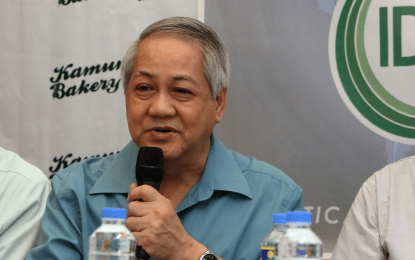News
Political dynasties, not parties dominate 2022 polls: Casiple

MANILA – Political dynasties, not parties dominate this year’s elections because wealth and power is concentrated among certain families, veteran political analyst Ramon Casiple said Tuesday.
In an interview over PTV-4, Casiple said it would take some time before a law banning families from holding multiple elective posts is passed because lawmakers quickly quash measures introduced in Congress.
“Walang lumitaw na pangalan na political party hindi kagaya nung panahon may Nacionalista Party, Liberal Party. Ang tumatambad sa atin ngayon ay mga pamilya. Kaya yung tatakbo sa ganitong family suportado ng ibang family, ganyan ang naging kalakaran ng ating eleksyon ngayon (There were no names of political parties that appeared unlike before we had Nacionalista Party, Liberal Party. Now, we have families. That’s what election is like now),” he said.
Casiple said a political dynasty’s endorsement of a national candidate could also possibly boost the latter’s chances of winning in polls.
“Pati yung mga patakaran at programa ng sino mang nanalo, protektado ‘yan ng interes ng political families (The rules and programs of whoever wins protects the interests of political families),” he added.
Two of the country’s powerful political families have teamed up for the presidential and vice presidential elections namely Ferdinand “Bongbong” Marcos Jr. and Sara Duterte, respectively.
Last month, President Rodrigo Roa Duterte said political clans are holding several positions in government because people clamor for it.
Duterte said he and his children had no choice but to heed the leaders’ calls for them to run for public office.
Duterte, in November 2021, said political dynasties are “not bad” and are here to stay unless the 1987 Constitution is amended.
Aside from Sara, Duterte’s two other children ran in the May 9 polls — Paolo as 1st District representative of Davao City, and Sebastian as mayor.
The 1987 Constitution prohibits political dynasties, but Congress has not passed a law to implement Article II Section 26, which mandates “equal access to opportunities for public service.”
There are several anti-political dynasty bills filed before Congress that remain pending at the committee level.





















